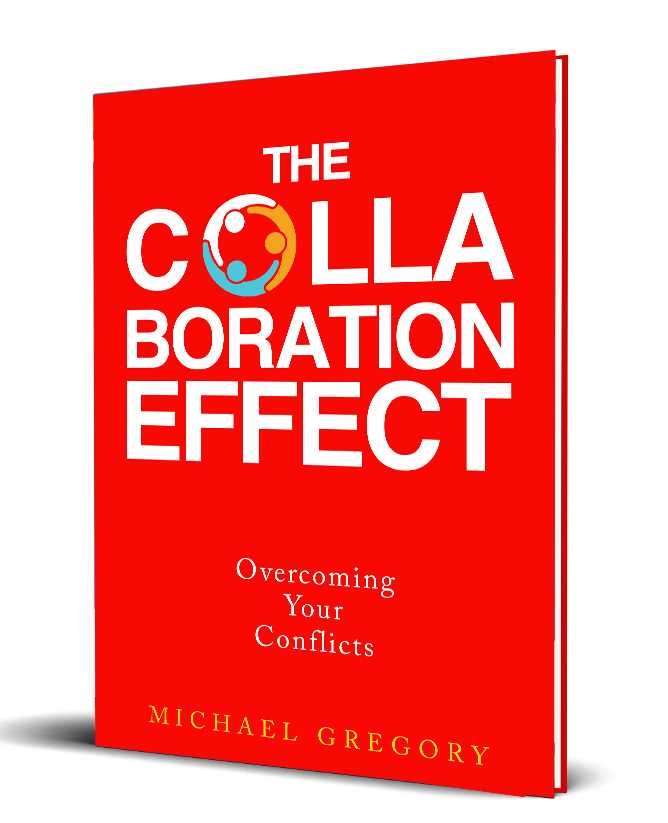
Working with different clients I have become acutely aware of generational differences, communication differences, and social media influences. From those far more knowledgeable than I in neuroscience they offer that we are oriented to be assertive and look for food, shelter and sex, as an approach and be defensive towards other initiatives. We are hard wired that way. Knowing this and trying to accomplish activities in the work place, we need to be thoughtful about how we bring others on board to new ideas. Listen, collaboration, understanding and accepting generational differences,having an attitude of being there to help can help overcome many of the negative feelings. Being there to educate all has a significant impact on work towardsenhancing effectiveness. These ideas tie intocommunication, diversity and perspective and peaceful resolutions. In today's post from the Harvard Business Review "The Daily Stat" they offer:
Chart of the Week: Your Social Skills Are Good for Something
"Between 1980 and 2012, the number of workplace tasks requiring social skills jumped 24%, those requiring math skills rose just 11%, and tasks requiring routine skills have steadily declined, according to Harvard Graduate School of Education associate professor David Deming. While this may seem to indicate that you should focus a little less on math, that's not necessarily the case. As Nicole Torres writes on HBR.org in her roundup of the research, people with both social and math skills tend to be winners in today's job market. But ultimately, having social skills allows a person to be flexible and adapt to changing circumstances at work, which is a huge advantage until computers get good at that, too."
In a recent article MIT realized they needed to step in and help their students. These are some of the best and brightest. Employers are indicating they need additional skills around human social interaction. Forbes offers ten skills employers want.
What does this mean to you, to your group, to your firm?
These were identified as the top five skills from Forbes:
- Ability to work in a team structure
- Ability to make decisions and solve problems (tie)
- Ability to communicate verbally with people inside and outside an organization
- Ability to plan, organize and prioritize work
- Ability to obtain and process information
Think about this where you work and what proactive steps are you taking to make a positive difference? Are you obtaining and is your firm supplying the types of training needed in your work place? If not you may want to explore different types of training that would enhance the skills needed most.
About the author
Mike Gregory is a professional speaker, an author, and a mediator. You may contact Mike directly at mg@mikegreg.com and at (651) 633-5311. Mike has written 12 books (and co-authored two others) including his latest book, The Collaboration Effect: Overcoming Your Conflicts, and The Servant Manager, Business Valuations and the IRS, and Peaceful Resolutions that you may find helpful. [Michael Gregory, ASA, CVA, MBA, Qualified Mediator with the Minnesota Supreme Court]

